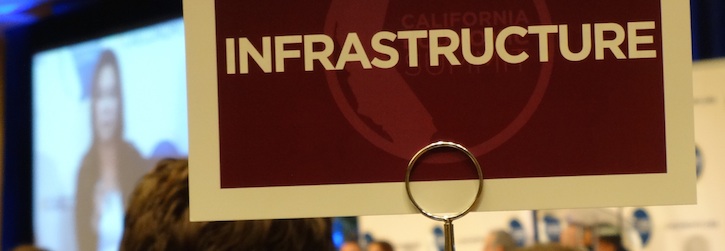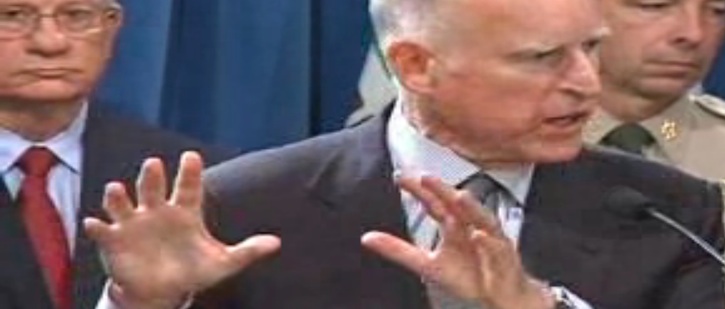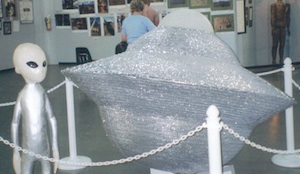CPUC to FCC: Comcast's proposed mega-merger poses particular problems for California

California knows fit characters.
The California Public Utilities Commission is urging the FCC to consider Comcast’s “character and fitness to hold FCC licenses or authorizations”, particularly in light of an ongoing enquiry into its admitted publication of confidential subscriber information. That’s one of the highlights of comments the CPUC filed with the FCC regarding its review of the proposed merger of Comcast and Time-Warner. (H/T to UCSC’s Jim Warner for the heads up – I was slacking off in the Sierra when this went down.… More









